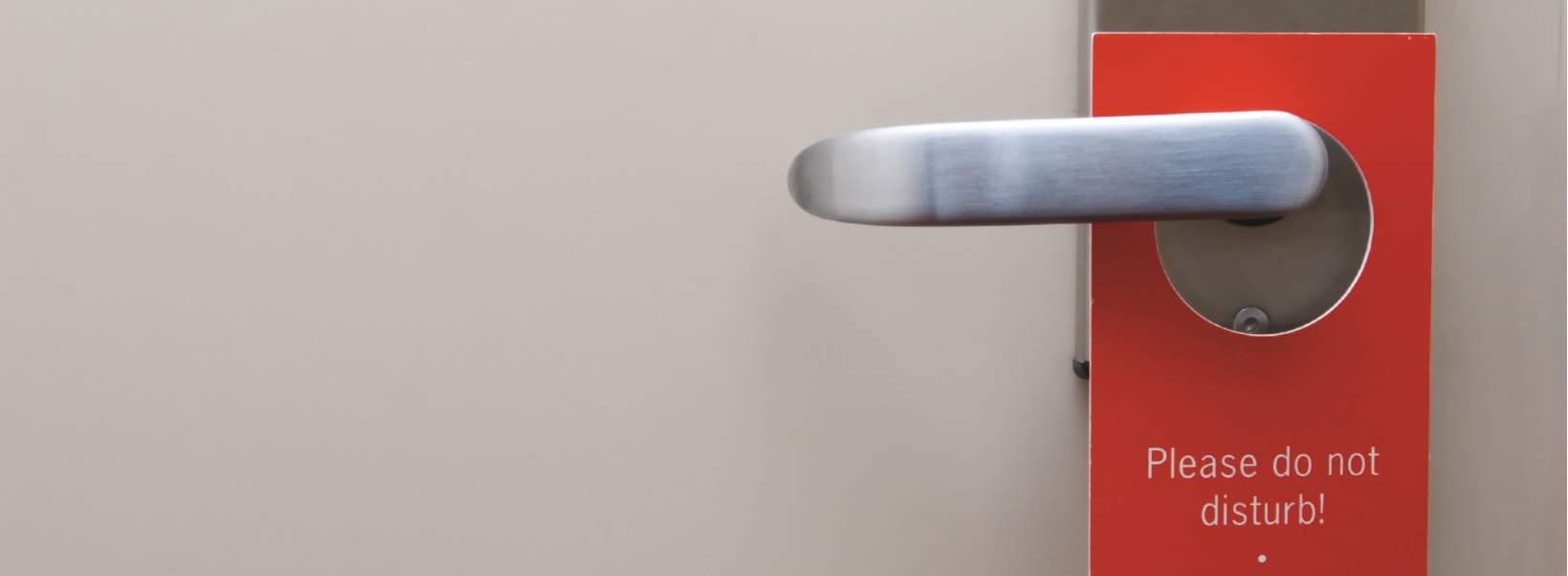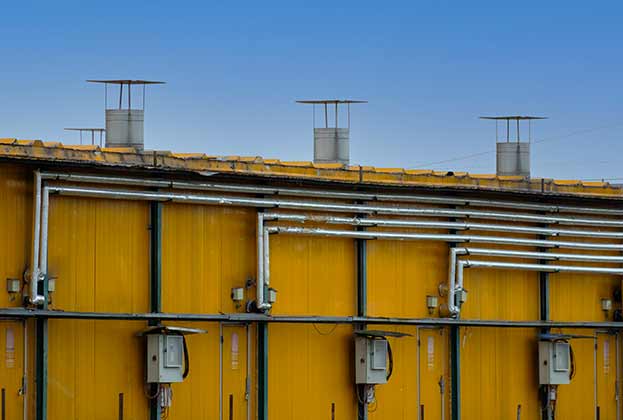Once an exclusively Japanese phenomenon, pod hotels, also known as capsule hotels, have made their way to the Western world. Pod hotels offer good quality services at a low price for travellers who seek nothing more than a comfortable place to rest their heads, or those who can't justify the expense of traditional hotel rooms. These compact spaces provide the essentials for a comfortable stay, and their appeal to real estate investors is growing stronger by the day.
Hostel operator, St Christopher’s Inn, introduced 26 ‘capsules’ to its London Bridge property in 2018, making it the first of its kind in the UK. The features of a pod hotel are limited and normally include a bed, a secure space to store belongings, and often shared amenities such as bathrooms, dining areas, and entertainment spaces.
Initially catering to business professionals in bustling, high-end cities, pod hotels have now become a popular choice for budget-conscious travellers in light of inflation-driven increases in average room rates and airfares. Our research reveals that a London economy-based micro-hotel can be up to 22% cheaper than a traditional budget hotel in the same area. Despite challenges posed by inflation and rising debt costs, the demand for the right products within the pod hotel subsector is expected to remain robust because of the increasing consumer appetite for cost-sensitive accommodation options.
From an investment perspective, the compactness of pods and its lean business model can provide multiple advantages. Due to the smaller size of a pod hotel room (typically sub 13 sqm), denser schemes can be achieved within the same massing compared to a traditional hotel scheme. This is increasingly evident for office conversions, especially those with challenging floor plates. The flexibility of pod concepts also ranges from singular rooms to dormitory-style pod rooms, but all still within the size of a typical hotel room, meaning a greater number of people can be accommodated within the same overall square footage. Together with lean cost structures driven by a rooms driven product, this is allowing pod hotels to generate higher relative profits on a per-square-foot basis than traditional hotel profits.
As the pod hotel concept continues to attract investor attention, we’re seeing more transactions and developments taking place as a result. For instance, we’ve seen Melford Capital’s conversion of London’s SoHostel, with 775 capsule beds and a large roof terrace. Similarly, Kabannas, a new micro accommodation capsule platform recently backed by €200m of funding, acquired three YHA Hostels from Savills Hotels earlier this year. Criterion also has its Zedwell concept and has recently submitted planning for a new 187-bedroom scheme in Manchester.
As travellers continue to seek affordable and unique accommodations, pod hotels are well-positioned to ensure that travel remains inclusive to all. The significant under-supply of this product type in the UK may provide an intriguing first mover advantage to growing platforms today and investors who recognise the potential of this trend could reap significant rewards in the years to come.
Further information
Contact Phoenix Chow

.jpg)








.jpg)